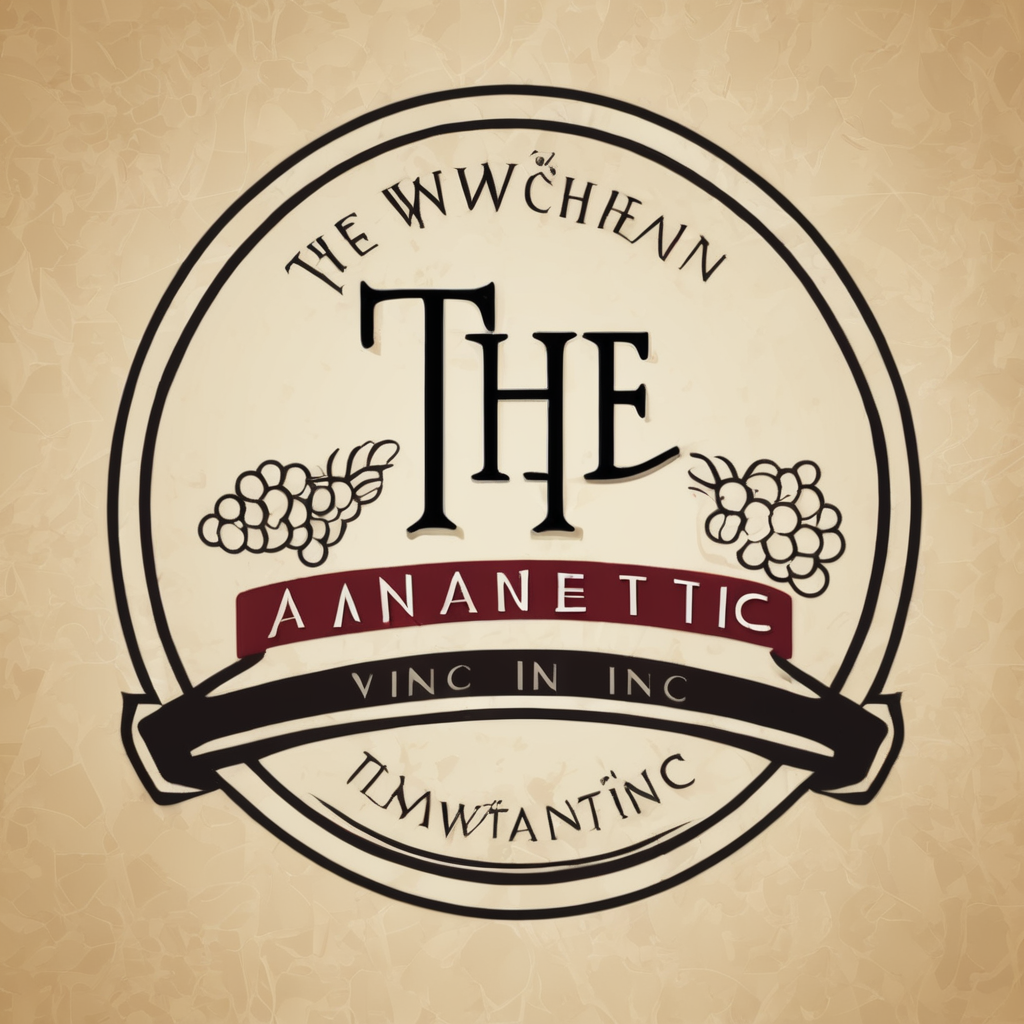Latest Technological Advances in UK Kitchen Products
The UK kitchen trends are rapidly evolving with the integration of advanced kitchen technology designed to enhance convenience, efficiency, and overall user experience. A significant shift is seen toward smart kitchen appliances that leverage connectivity and automation to simplify everyday cooking and cleaning tasks.
Leading brands in the UK market are at the forefront of introducing technology-driven kitchen products. These include refrigerators that monitor contents and suggest recipes, ovens programmable through smartphone apps, and dishwashers featuring sensor-based water and energy optimization. Such innovations reflect a broader commitment to combining functionality with cutting-edge technology.
Also to read : What Innovations in Kitchen Products are Transforming UK Homes?
Adopting these smart kitchen appliances offers multiple benefits. Users enjoy greater control over meals through precise temperature management, energy savings from intelligent power use, and improved hygiene via automated cleaning cycles. Furthermore, the integration of voice control and AI learning enhances accessibility, making kitchen management intuitive even for those less tech-savvy.
As these advancements become more mainstream, the UK kitchen market continues to embrace innovation, shaping a future where kitchen technology not only supports cooking but also fosters a connected and efficient home environment.
Topic to read : Savor the essence of italian coffee beans: 1kg delights
Innovations in Kitchen Materials and Design
Innovative kitchen materials are reshaping both the durability and visual appeal of modern kitchens. Key developments include the use of engineered stone composites, advanced polymers, and heat-resistant glass, which provide surfaces that resist scratches, stains, and wear far better than traditional materials. These materials enable designers to create kitchens that maintain their look and functionality for longer periods, meeting rising consumer expectations within the UK market.
Modern kitchen design increasingly prioritizes ergonomics to enhance user comfort and efficiency. Features like adjustable countertops, soft-close cabinetry, and optimized storage solutions address common frustrations such as awkward bending, clutter, or limited accessibility. This focus aligns with UK kitchen trends that favor spacious, well-organized layouts, ensuring a more pleasant cooking experience.
Sustainability plays a critical role in these innovations. Many manufacturers integrate eco-friendly materials such as bamboo, reclaimed wood, and recycled metals, reducing environmental impact while adding unique texture and warmth. Using sustainable kitchen products also supports long-term durability by selecting materials that withstand daily use without frequent replacement. This approach resonates with consumer demand for kitchens that are both beautiful and responsible.
Smart Kitchens: Integrating Connected Solutions
Smart kitchens are becoming a central feature in UK homes, driven by the rapid adoption of connected kitchen devices that simplify cooking and enhance convenience. The rise of the Internet of Things (IoT) enables appliances like refrigerators, ovens, and coffee makers to communicate with smartphones and voice assistants, creating a seamless and interactive cooking environment.
A key development in smart kitchens is the integration of voice-assisted technology. Devices equipped with AI-powered assistants allow users to control appliances hands-free, set timers, adjust temperatures, and even reorder groceries. This hands-free interaction not only improves accessibility but also supports multitasking, making kitchen routines more efficient and enjoyable.
Popular smart kitchen appliances include smart ovens that adjust cooking settings based on the recipe, fridges that monitor contents and expiry dates, and connected dishwashers that optimize water and energy use. These products reflect broader UK kitchen trends favoring technology that reduces waste, saves time, and enhances meal preparation accuracy.
Compared to traditional kitchen setups, IoT-enabled kitchens offer significant advantages:
- Remote monitoring and control via apps improve flexibility.
- Data-driven insights help maintain appliance efficiency and alert users to maintenance needs.
- Automation minimizes errors and supports healthier cooking habits.
Incorporating such intelligent systems into daily kitchen use exemplifies how kitchen technology is evolving to meet contemporary demands. The continued growth of IoT in the UK kitchen market promises even more sophisticated and integrated solutions, solidifying smart kitchens as a cornerstone of future home designs.
Sustainability and Energy Efficiency in Modern Kitchens
Advancements in sustainable kitchen innovations have become essential to meeting growing consumer demand for environmentally responsible solutions. The latest energy-efficient kitchen appliances now integrate smart features that minimize electricity and water consumption without sacrificing performance. For example, dishwashers and refrigerators commonly use sensor technology to tailor cycles based on load size and usage patterns, thereby reducing waste and operational costs.
The incorporation of recycled or renewable materials in kitchen products is transforming how kitchens are built and maintained in the UK. Items made from recycled metals, glass, or renewable bamboo not only reduce the environmental footprint but also offer durability and unique aesthetics. Manufacturers increasingly prioritize sourcing and production methods that lower carbon emissions, aligning with broader UK kitchen trends toward sustainability.
Consumers benefit directly from these eco-conscious kitchens through lowered utility bills and a decreased environmental impact over the lifespan of their appliances. Moreover, government incentives and stricter efficiency standards encourage adoption by making energy-efficient products more accessible. This convergence of technology and sustainability fosters a kitchen environment where innovation supports both practicality and planet-friendly living.
Consumer Experience and Market Impact
Innovations in user-friendly kitchen products are transforming how people engage with their kitchens daily. Intuitive interfaces, simplified controls, and seamless integration of smart features allow users to manage cooking and cleaning tasks effortlessly. These improvements address common frustrations such as complicated appliance settings and time-consuming processes, making kitchen routines smoother and more enjoyable.
In tandem with changing designs and technology, UK kitchen market trends reflect a growing consumer preference for appliances that combine convenience, efficiency, and style. This shift influences manufacturers to focus heavily on ergonomics and technology, resulting in products that not only perform well but also enhance kitchen aesthetics and usability.
Looking ahead, expert opinions suggest that future kitchen technology will continue to prioritize connectivity and adaptability. Innovations like AI-powered appliances capable of personalized meal preparation and adaptive systems that learn user habits are anticipated. These advancements promise to further elevate user experience while maintaining energy efficiency and sustainability, ensuring that the UK kitchen market remains at the forefront of global trends.



